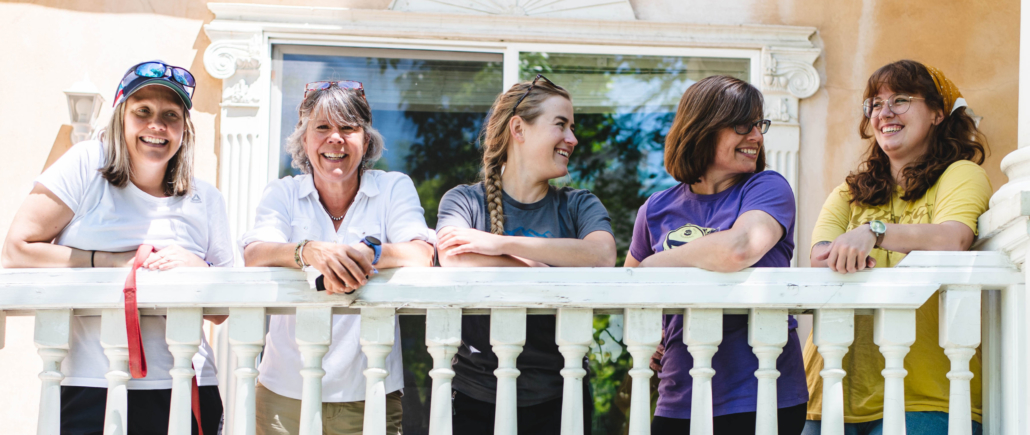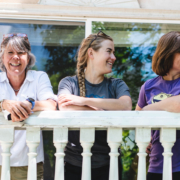New Hope For People with Social Anxiety Disorder

Social Anxiety Disorder (SAD)—also known as “social phobia”—is a longstanding and excessive fear of social situations. According to the Mental Health Foundation, “the average age of onset of SAD is between 10 to 13 years, and SAD is rarely diagnosed after the age of 25.”
“In social anxiety disorder, fear and anxiety lead to avoidance which can disrupt your life,” informs the Mayo Clinic. “Severe stress can affect your relationships, daily routines, work, school, or other activities.”
SAD can have a severe impact on a person’s quality of life. “Social anxiety disorder is a chronic mental health condition that causes sufferers to be anxious in social situations where they may be exposed to scrutiny and perceived judgment,” Scott Anderson explained on Psychology Today. “Everyday social interactions can lead to embarrassment, fear, and excessive self-consciousness.”
Now, there is new hope for patients with this condition. Researchers recently looked at a known culprit: the gut-brain axis. “Since the first mouse experiments a decade ago, the gut-brain axis has been found to be involved with anxiety, depression, autism, dementia, and schizophrenia,” wrote Anderson. A new study by Butler, Cryan, et al. from University College Cork (UCC) now adds social anxiety disorder to that list.
“The human gastrointestinal tract (GIT) harbors a vast assembly of microorganisms, predominantly bacteria but also fungi, viruses, protozoa, and archaea,” the authors wrote. “It is estimated that the number of bacteria in the human gut is slightly in excess of the total number of human cells, at approximately 380 trillion, and that the collective genome of these bacterial cells vastly exceeds the amount of human DNA present in the body. Given this enormous, modifiable reservoir of genetic potential, it is unsurprising that there is keen interest in the potential role of the gut microbiome in the etiology and treatment of many disease processes.”
This microbiome is interconnected with the host body in intricate ways. It has now been recognized to be deeply involved in bidirectional signaling between the gut and brain, with the term ‘microbiome-gut-brain’ (MGB) axis describing this communication network.
The UCC study demonstrates, “for the first time, that the gut microbiome is compositionally and functionally altered in people with social anxiety disorder (SAD) compared with healthy controls. Moreover, it increases the growing evidence linking social brain function and the microbiome.”
“If microbes play a role, that’s good news,” concluded Anderson in his Psychology Today article because “we can manipulate our gut microbes with dietary changes, and that might provide a valuable lever to lift the anxiety.”
The study discovered two species of bacteria in particular that correlated to anxiety, one positively and one negatively. “Levels of the bacteria Anaeromassilibacillus An250 were higher in the anxiety group. This tracks with a 2022 Harvard study finding that negative emotions were also associated with higher levels of Anaeromassilibacillus An250,” reported Anderson.
“On the positive side, the study noted that levels of the beneficial bacteria Parasutterella excrementihominis were higher in the control group than in the anxiety group. Microbes that are associated with better mood have been termed psychobiotics. The study found other psychobiotic microbes as well, all diminished in patients with social anxiety disorder.”
In conclusion, the authors of the UCC study wrote that “the gut microbiome of patients with SAD differs in composition and function to that of healthy controls, raising the possibility that the MGB axis may represent a biomarker reservoir and potential therapeutic target for this early-onset, chronic disorder.”
Further studies are required but there is new hope that innovative dietary approaches and new medications can in the future help find better treatment modalities for SAD and other mental health conditions.
If you are searching for treatment options for yourself or someone you care about following a diagnosis of schizophrenia, bipolar disorder, or other severe mental health conditions, call us at 720-218-4068 to discuss treatment options for you or the person you would like to help.





